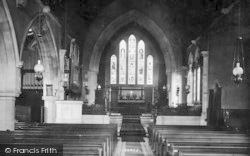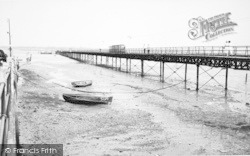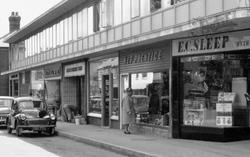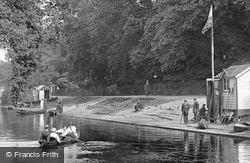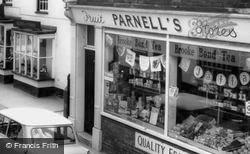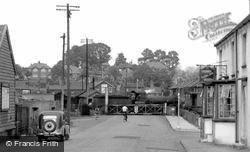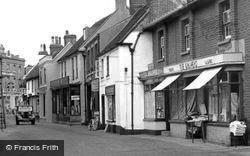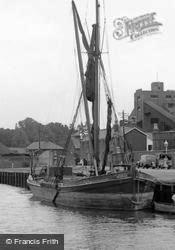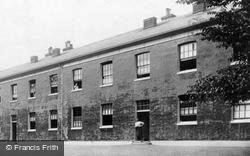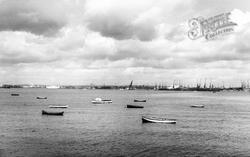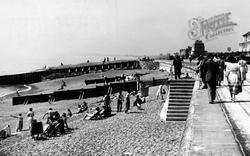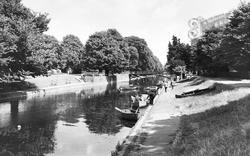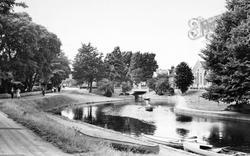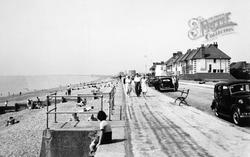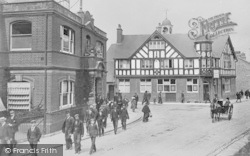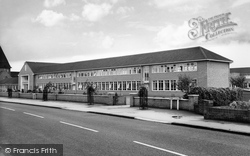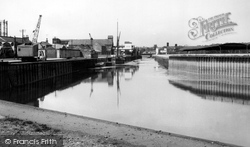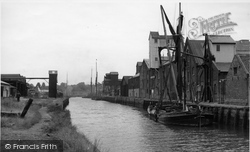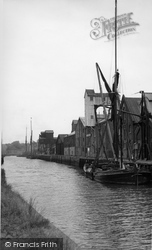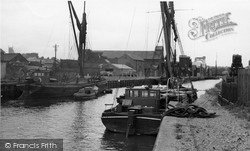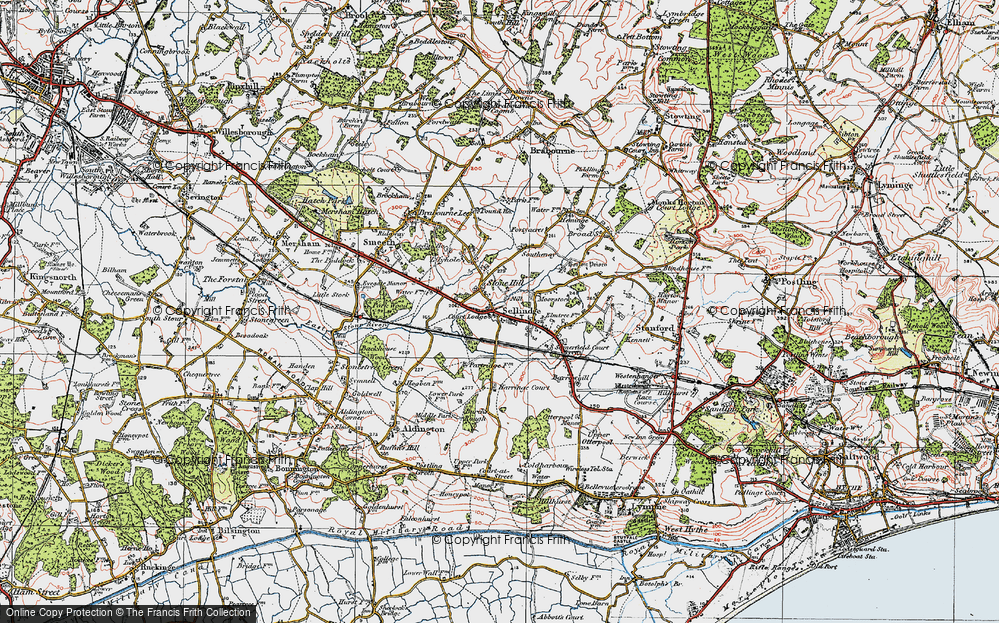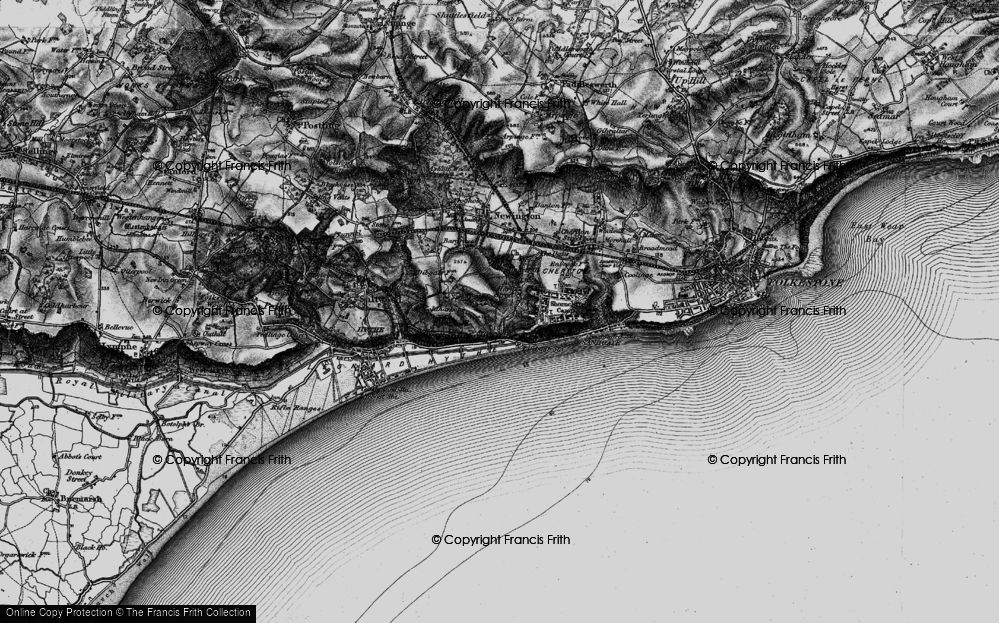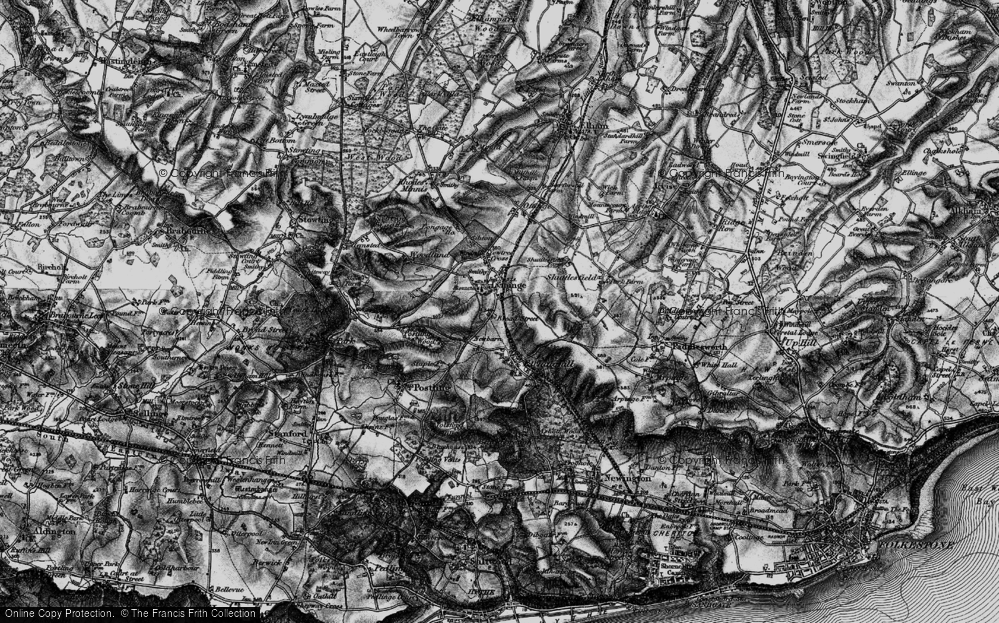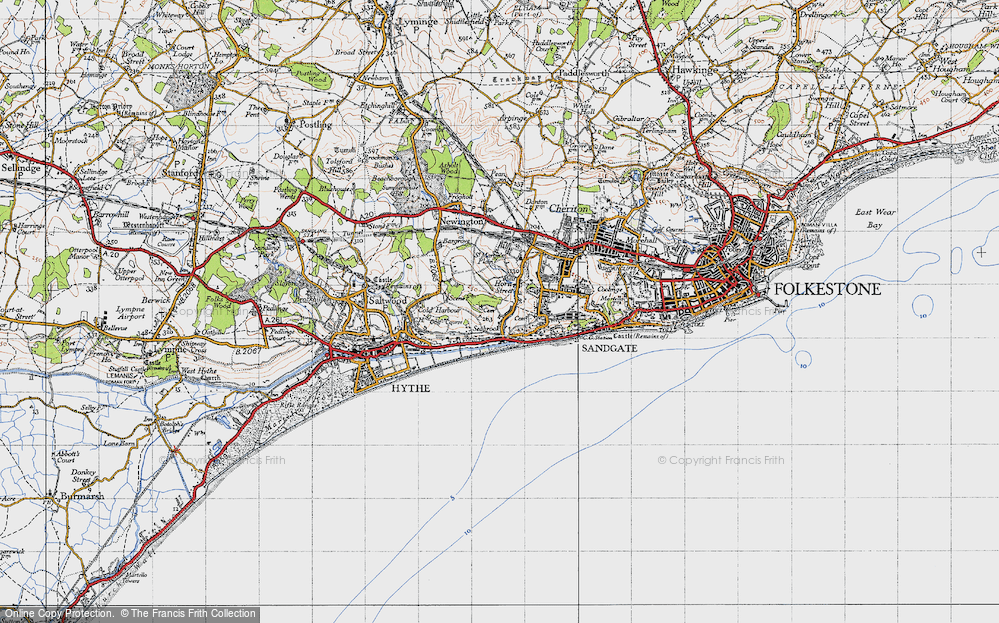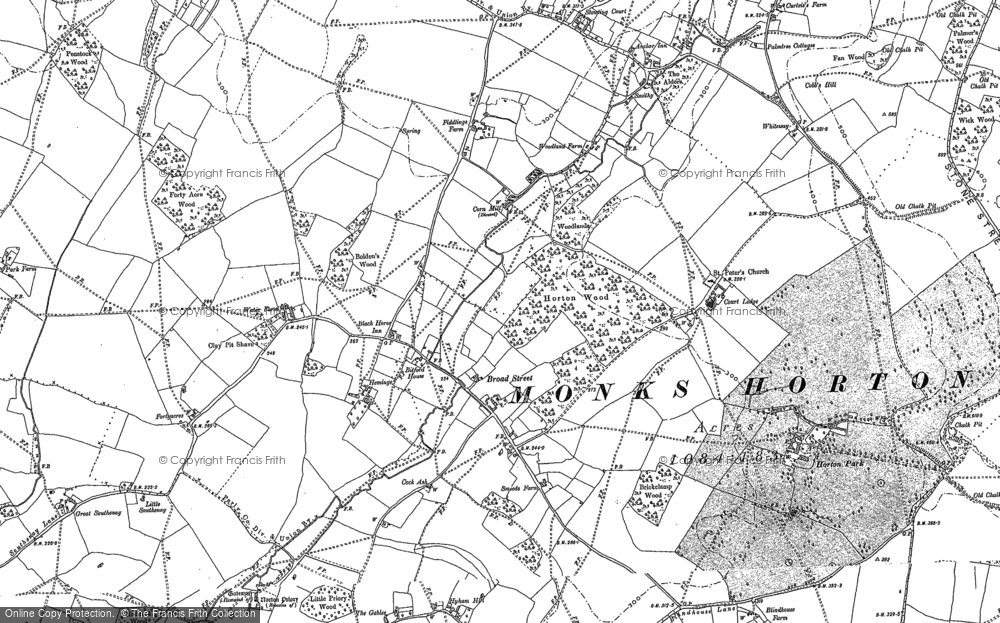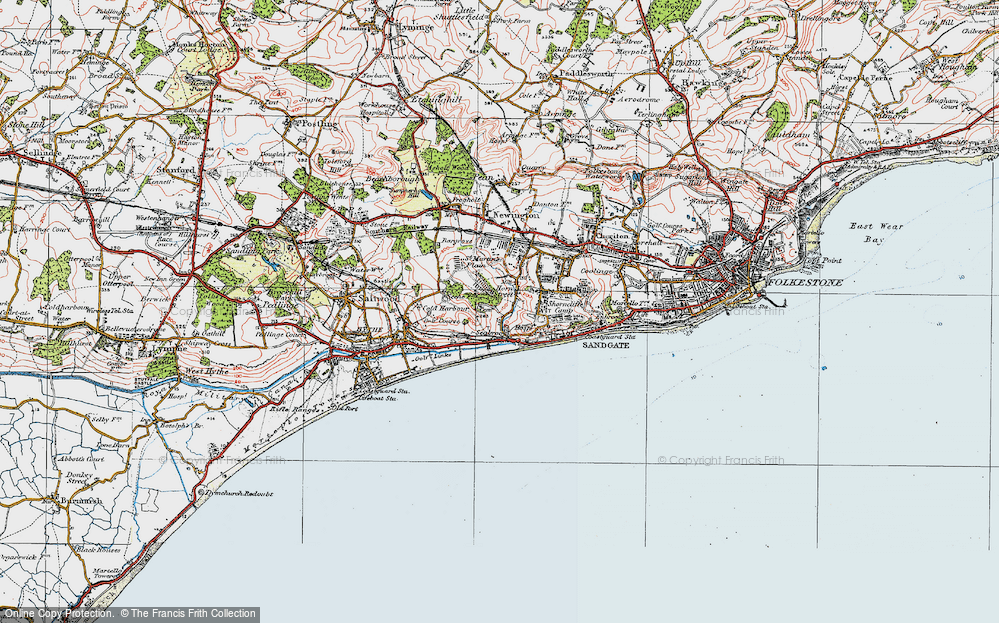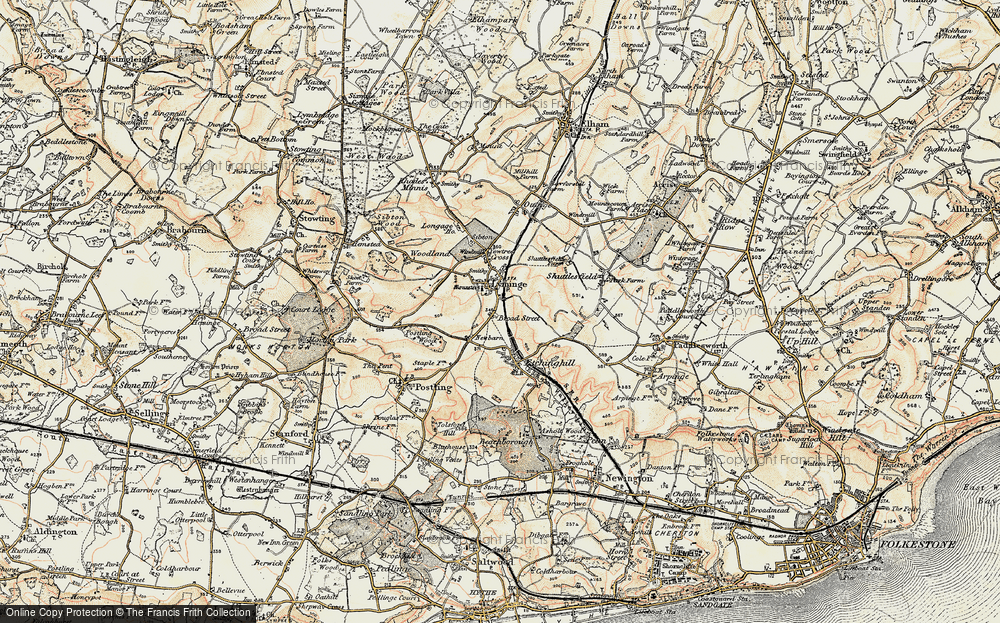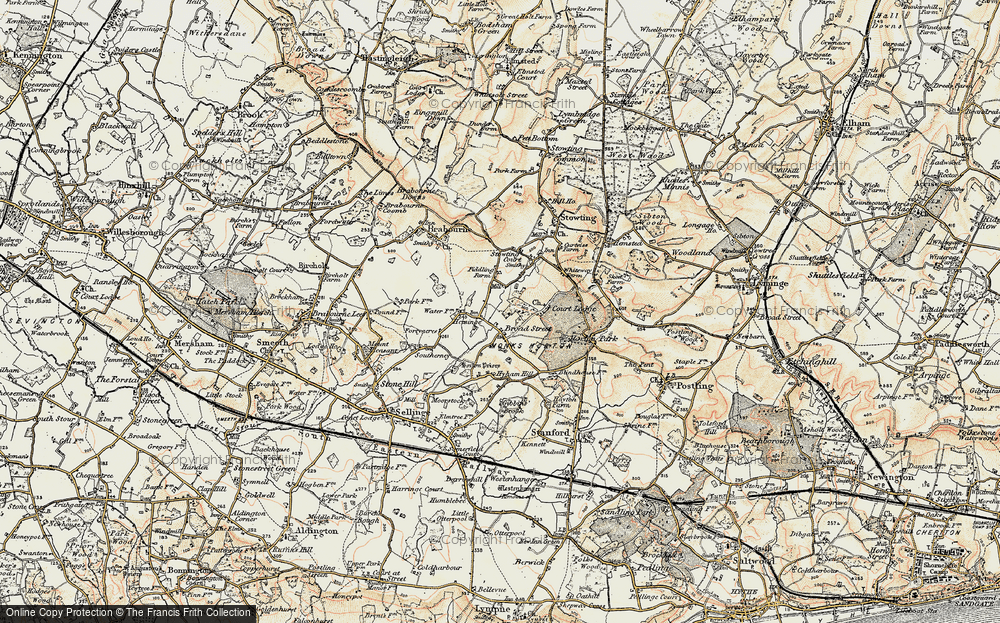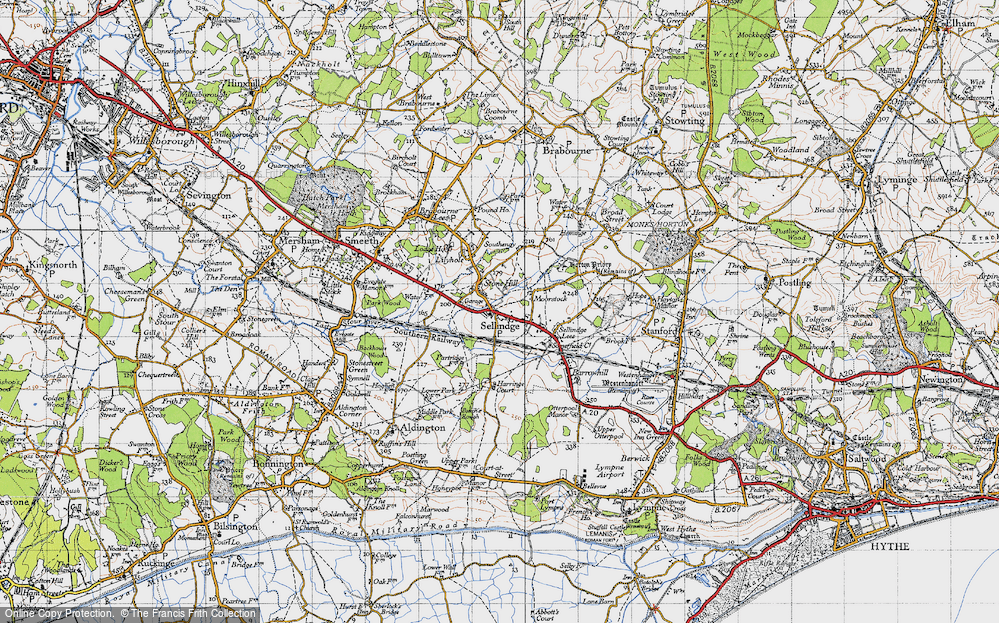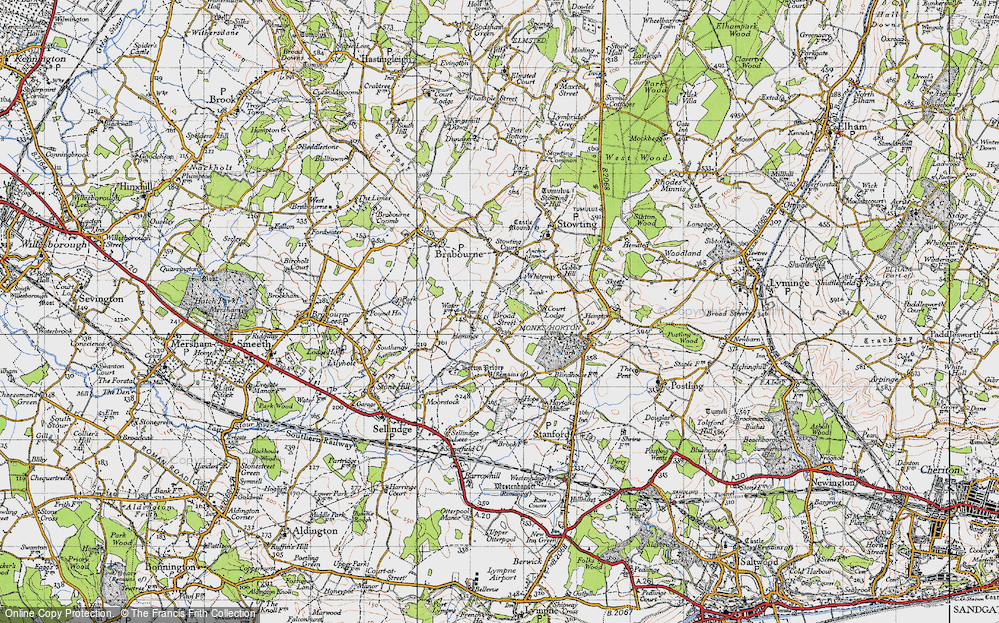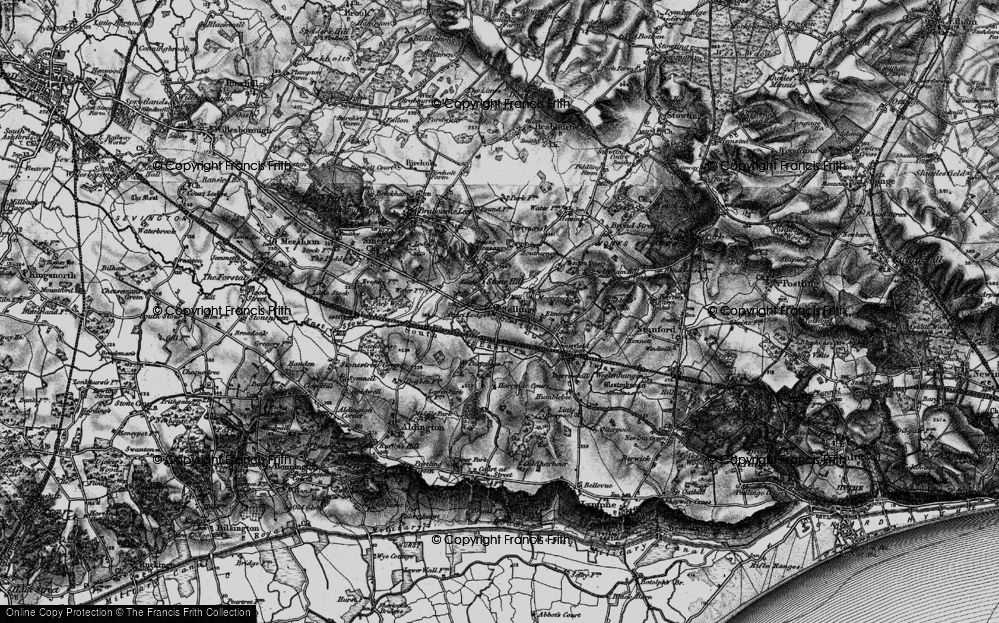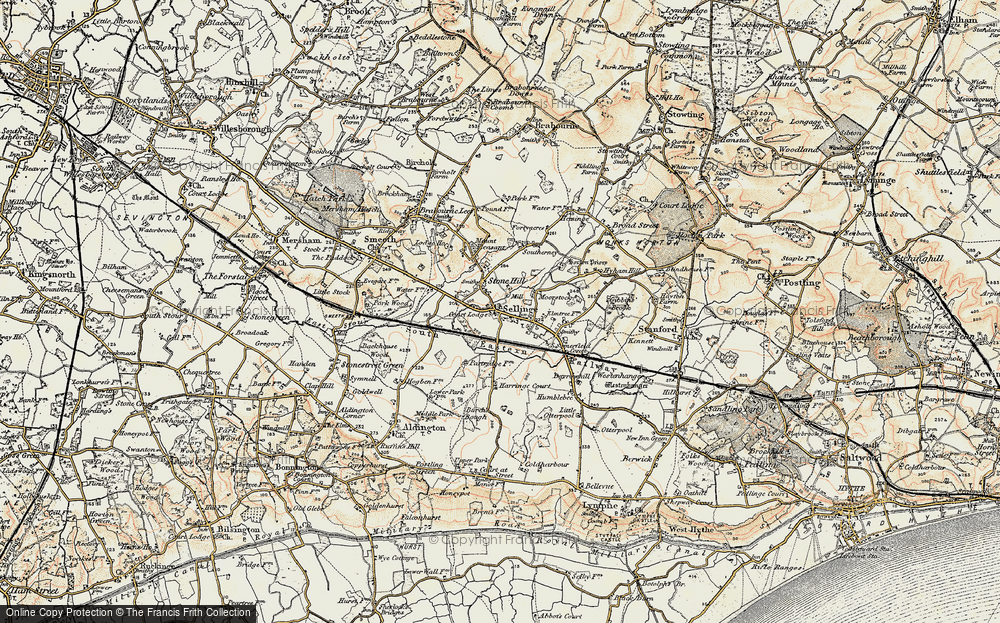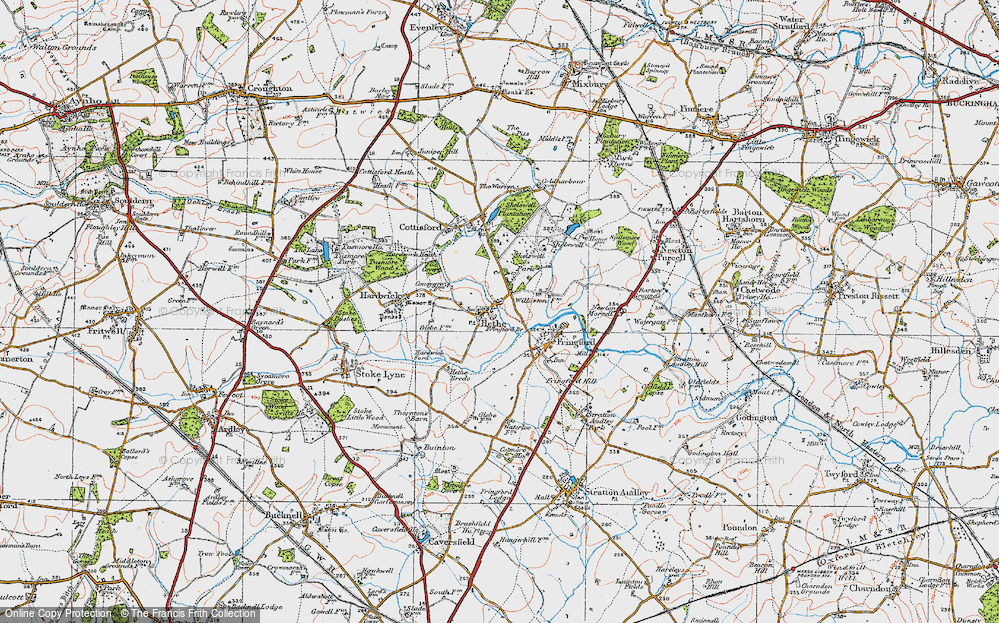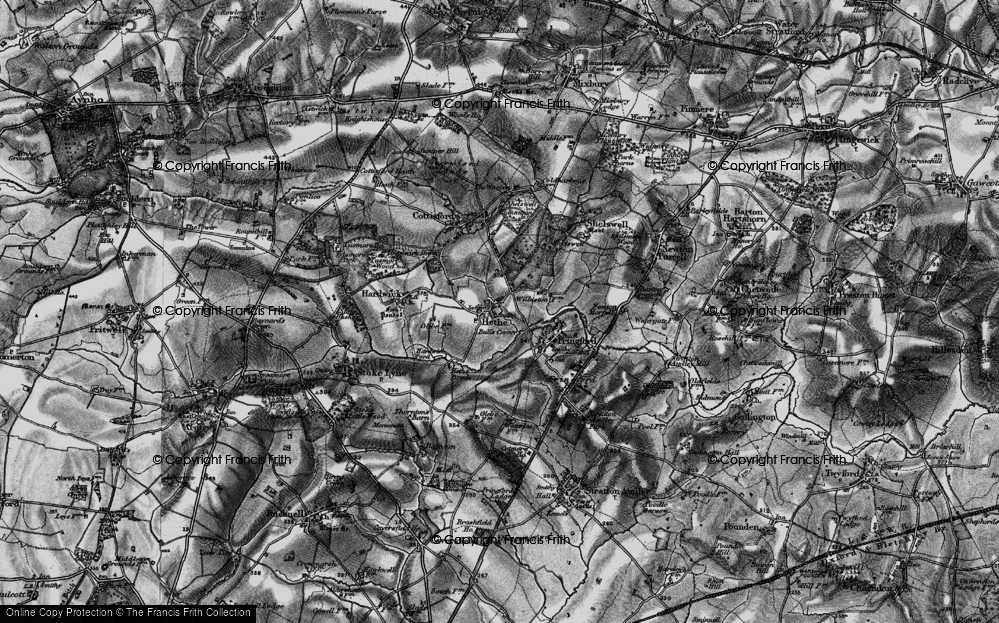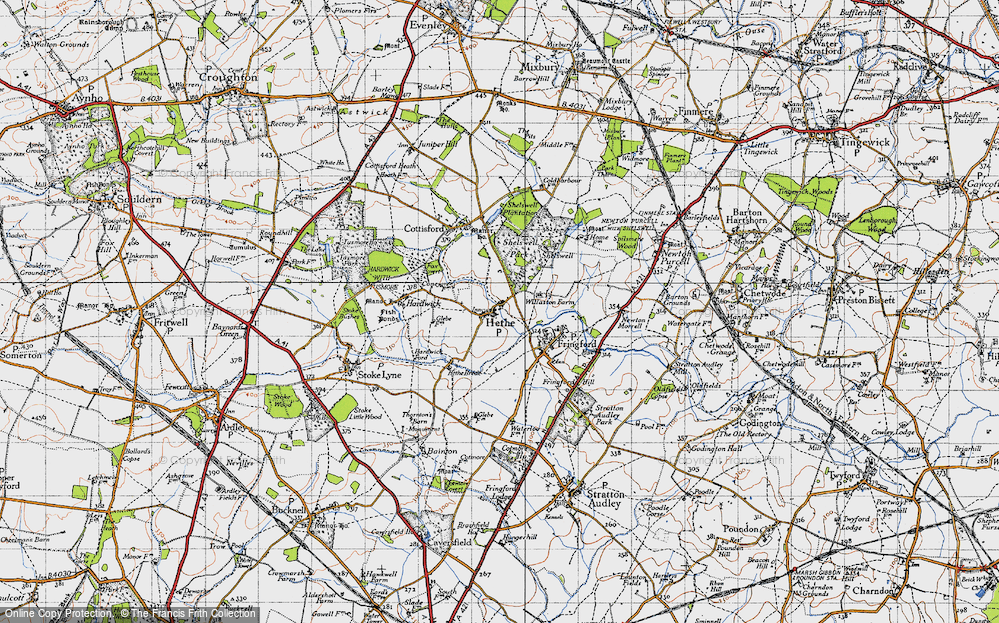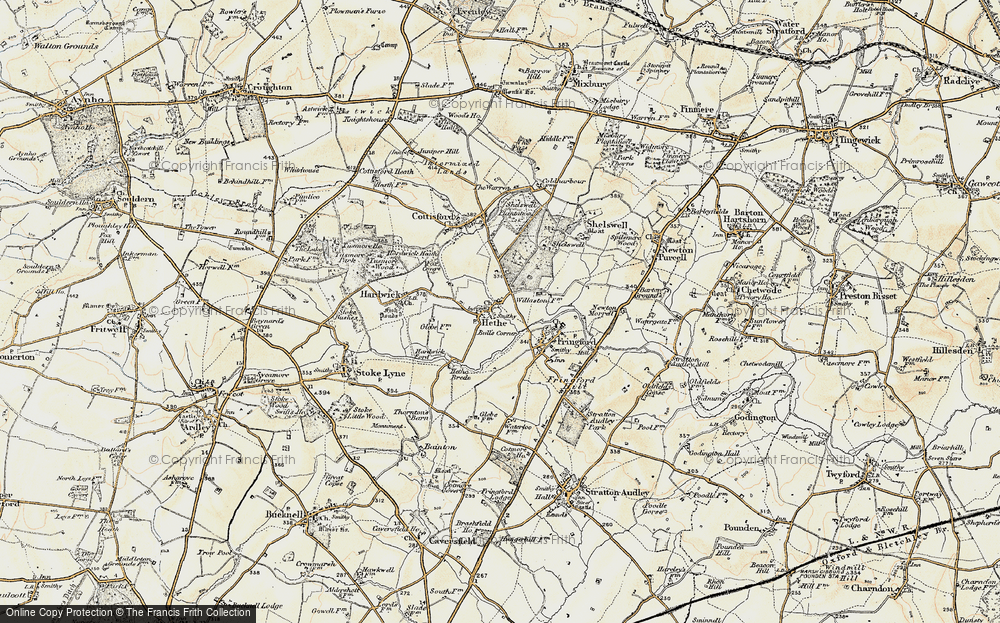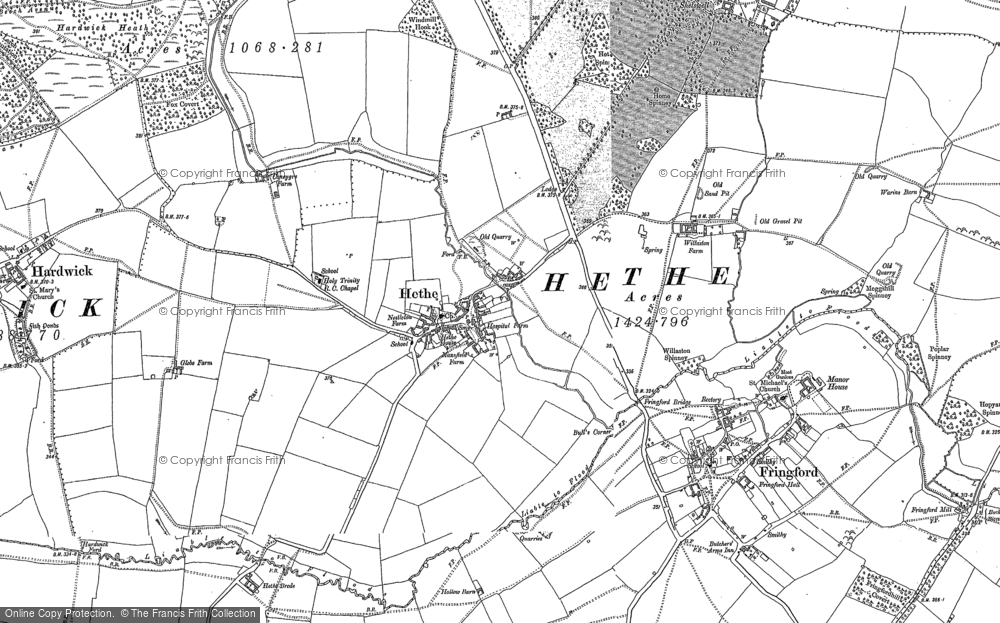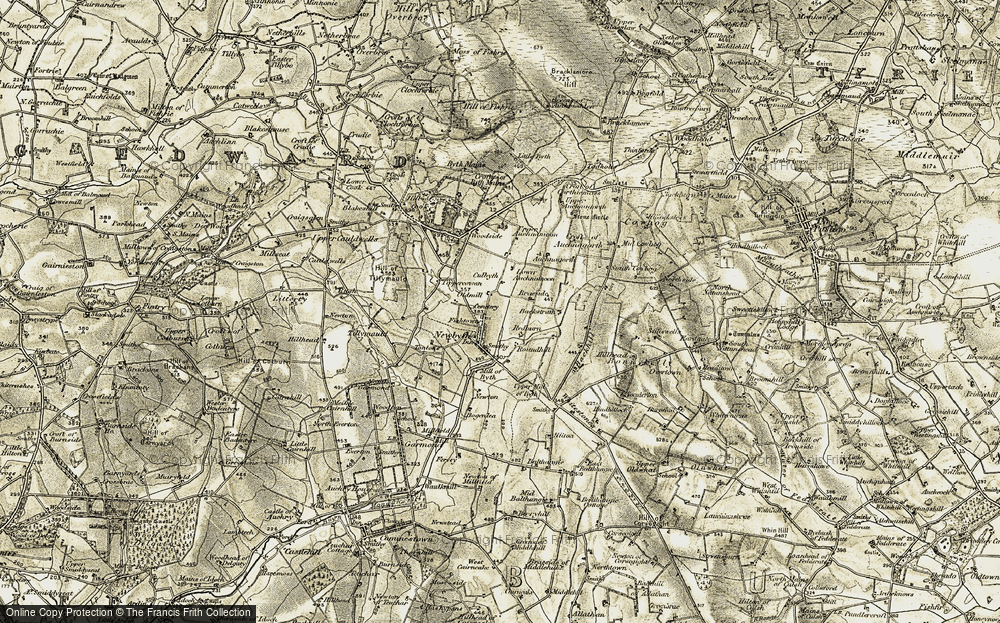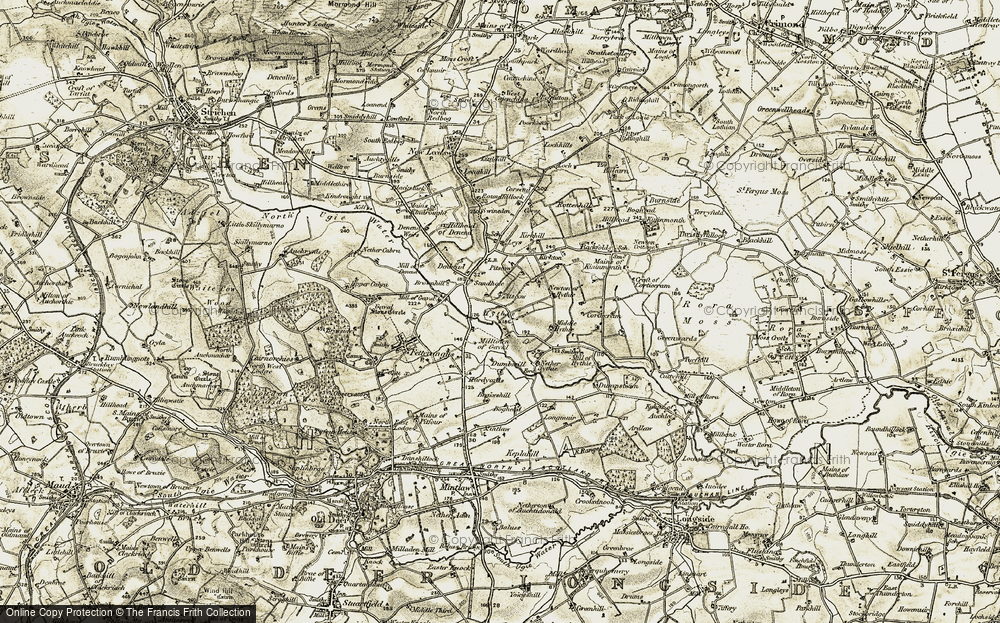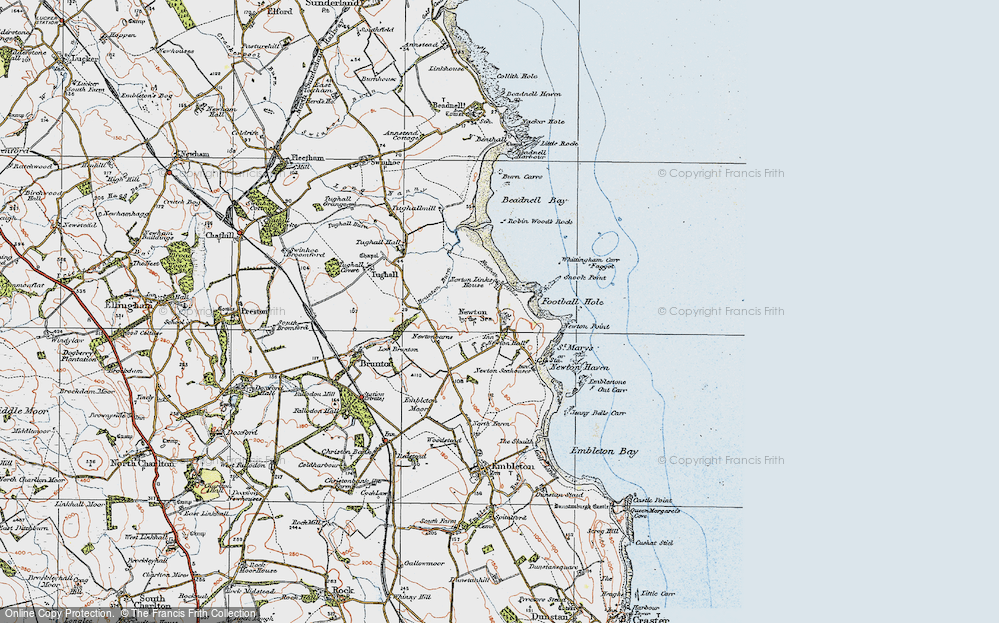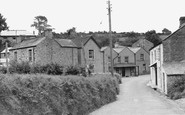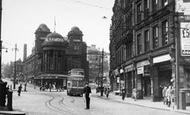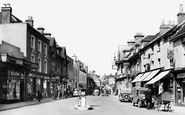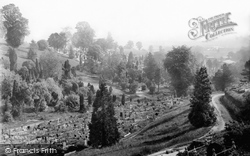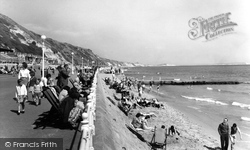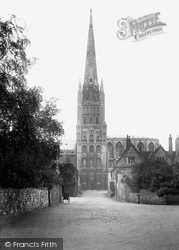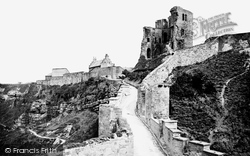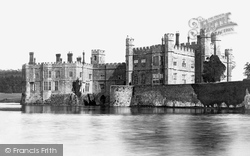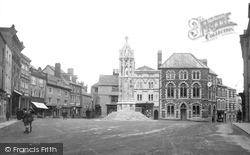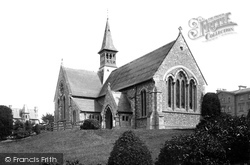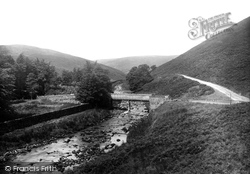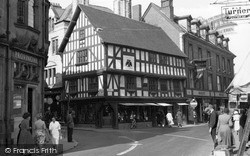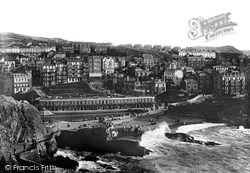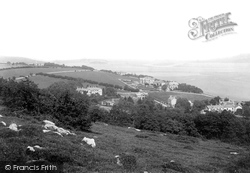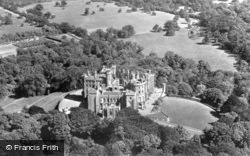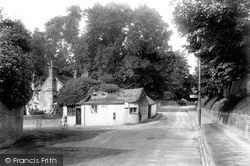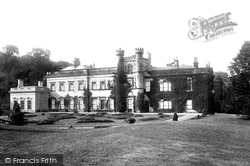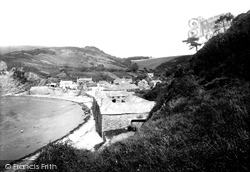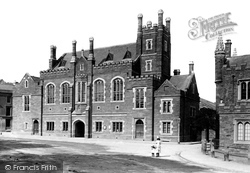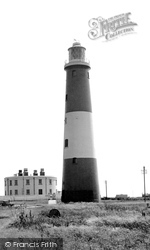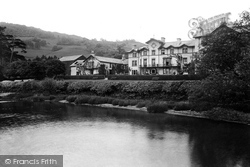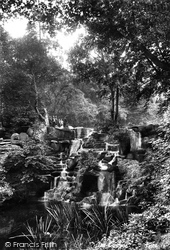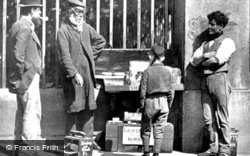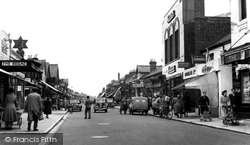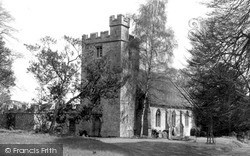Places
18 places found.
Those places high-lighted have photos. All locations may have maps, books and memories.
- Hythe, Kent
- Hythe, Hampshire
- Small Hythe, Kent
- Bablock Hythe, Oxfordshire
- Methwold Hythe, Norfolk
- Hythe, Somerset
- Hythe, Surrey
- Hythe End, Berkshire
- The Hythe, Essex
- Egham Hythe, Surrey
- West Hythe, Kent
- New Hythe, Kent
- Broad Street, Kent (near Hythe)
- Horn Street, Kent (near Hythe)
- Newbarn, Kent (near Hythe)
- Newington, Kent (near Hythe)
- Broad Street, Kent (near Hythe)
- Stone Hill, Kent (near Hythe)
Photos
360 photos found. Showing results 61 to 80.
Maps
101 maps found.
Books
10 books found. Showing results 73 to 10.
Memories
4,406 memories found. Showing results 31 to 40.
Great Part Of The Village
1970's and 80's: We had a great childhood playing at this end of the village. It was quiet except for the cars of people that lived up here. Everyone knew each other. My old house is in the background, all you can see is the ...Read more
A memory of Polgooth in 1980 by
Manchester Road
Born in Ryan Street. I remember walking all the way down Manchester Road to St Joseph's Infant School, which at that time was on Grafton Street and part of the Girls School, it seemed to take ages, we walked past all the pubs and ...Read more
A memory of Bradford in 1955
Living In Hopton On Sea
My memory was triggered by the person writing about the Constitutional Camp's hall/ballroom building being burnt down. At the time I was attending the Primary School in the village and we could see the smoke and flames from ...Read more
A memory of Hopton on Sea by
Tosh And I And Easy Pickings
Tosh and I and easy pickings Hi everyone, It's me again with the continuation of my wee story. I was taken by surprise how many people liked and responded to the ...Read more
A memory of Newarthill by
1939 Onwards I Remember
I was born in 1939, the year war started, and remember being lifted out of bed in the middle of the night and the barrage balloons looked like big elephants in the sky. I also remember the table shelter in the lounge which I ...Read more
A memory of Harborne in 1940 by
The Hostels 1956 65
I lived in the hostels from 1956 to 1965, firstly in 5 Ty Draw Square (around the back of the nursery school), and later in 17 Heol-y-Ynys, right next to the square (where we played football, cricket and kick the tin). As well as ...Read more
A memory of Abergarw by
Saturday Morning Pictures At The Odeon
School days were OK but on Saturday morning the walk/run from Croxley Green down into Ricky was always an adventure. We would go down Scots Hill or down the track opposite the church at the bottom of the ...Read more
A memory of Rickmansworth in 1950 by
Penton Camp Club
The Penton Camp Club started in about 1903. Its members included the Manager of Martin's Bank, London, the manager of the Drury Lane Theatre and many other rich men. They would come by train to Staines, the old station at the ...Read more
A memory of Penton Hook in 1900 by
Molly Gray's Memories Of Weston Green, Thames Ditton, Surrey.
When we were children during WWII, my brothers Rob and Wilf and myself often visited Weston Green. At Weston Green there were two churches and two ponds called Marneys and Milburns. My ...Read more
A memory of Weston Green by
Memories Of Hersham House School
I attended HH from mid 70's until '78 - I left after I had taken my 'O'levels there. I remember very clearly Mrs Hewlett, Mrs Earwaker (and her laugh!), Mrs. Poulter, Mrs Turnbull and her son Ffion who drove the school ...Read more
A memory of Hersham by
Captions
4,899 captions found. Showing results 73 to 96.
Opened in 1836 by the Bristol General Cemetery Co, Arnos Vale became the city's main burial ground until augmented by the opening of Greenbank Cemetery during the 1870s.
By the 1950s, Southbourne had been almost completely swallowed up by the expanding Bournemouth district.
Wonderful as this view is, admiration is tempered by the knowledge that the road leading to the south transept was created by the demolition in the 1830s of the mainly 12th-century monastic dormitory and
The castle was the scene of the first action by the barons against Edward II. At the time the castle was held by Piers Gaveston, Edward's despised favourite.
Originally a wooden Saxon fortress built on two islands in a natural moat formed by the river Len, it was transformed into a solid stone castle at the beginning of the 12th century by the Norman baron
Famous Citizens: The Council's Commemorative Plaques Attached to a number of buildings in the town are circular Westmoreland green slate plaques erected by the council; they are carved by the nationally
Its foundation stone was laid by the Prince of Wales in May 1921, and the memorial was unveiled by the Lord Lieutenant of Cornwall before a huge crowd on 30 October 1921.
St Paul's was built in the Early English style by the Earl of Devon in 1861. The font was donated by the Bishop of Exeter and the lectern by local railway workers.
This beautiful hilly country, now owned by the Duke of Westminster, was part of Old Fylde when it stretched as far as Preston.
The town has suffered a great deal over the centuries: it was regularly ransacked and burnt - sometimes by the Welsh, sometimes by the English. There are therefore only a few really old buildings.
The flat-roofed properties along the Promenade were built by the ubiquitous W H Gould in 1880.
The railway station by the arrival point is little altered from when it was first opened by the Furness Railway Company.
Belvoir was rebuilt by the first Earl of Rutland.
Although yet early, the mill by the roadside is already at work, and the forge of the blacksmith's shop at the Reigate Road corner is in full blast.
Georgian additions on the left, since reduced in size, were designed by the York architect John Carr for Sir Lawrence Dundas.
Georgian additions on the left, since reduced in size, were designed by the York architect John Carr for Sir Lawrence Dundas.
However, by the time of this early photograph the harbour seems already deserted by the fishing fleet, perhaps in favour of Mevagissey on the far side of the bay.
Tavistock's wealth was generated in early Victorian times by the nearby Devon Great Consols mine, which was dug on land owned by the 7th Duke of Bedford.
The light from the third model of 1904 was obscured by the buildings of the nearby power stations: therefore, although it still stands, it was replaced in 1961 by the taller black and white striped edifice
Here we see the front view of the already spacious Lowood Hotel, with a horse and carriage waiting by the main door.
Fed by the artificial 120-acre lake behind it, this picturesque cascade was created in 1746-68 as part of the extensive landscaping carried out by the artist brothers Thomas and Paul Sandby for the Duke
By the 1880s the shoeblack societies had four hundred boys on their books. A number were given cheap board and lodging.
Originally a village, Eastleigh expanded rapidly around Bishopstoke Junction after the London and South Western Railway Company's carriage works moved here in 1889-90, followed by the locomotive workshops
The original church dates back to about 1480; it is thought to have been built by the monks of Abingdon Abbey.
Places (18)
Photos (360)
Memories (4406)
Books (10)
Maps (101)




